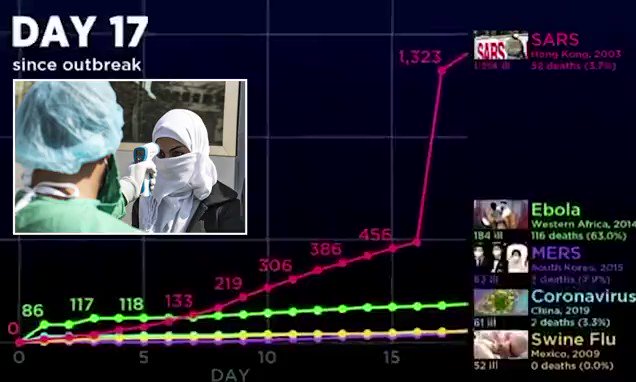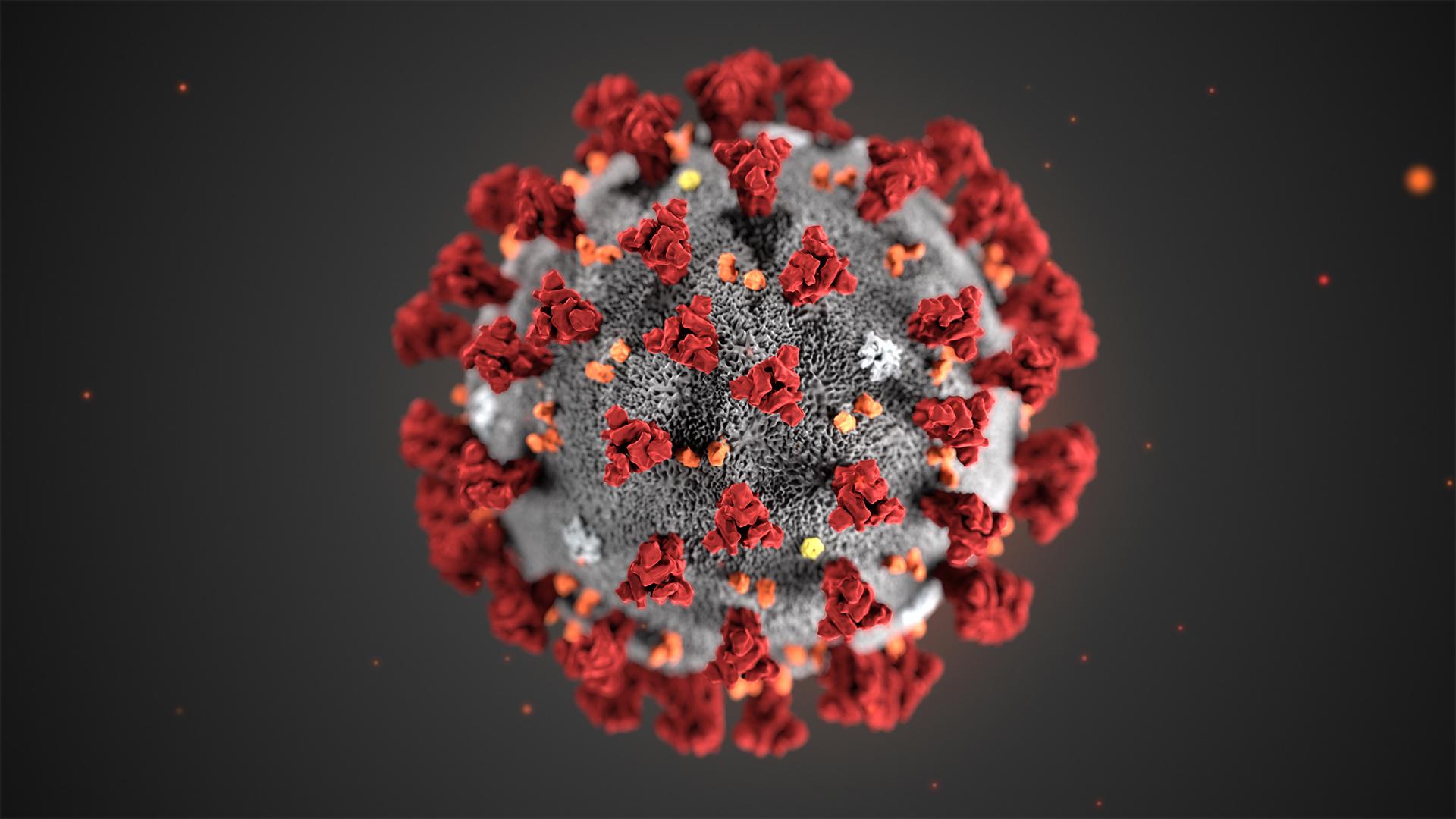Preet Bharara, former U.S. attorney for the Southern District of New York, called Donald Trump the “greatest hoax ever perpetrated on America” on Sunday. Then he tweeted a list of what he believes is wrong with the president.
It was a lot.
George Conway, the conservative attorney and husband to White House counsel Kellyanne Conway, issued a warning to Bharara:
Trump fired Bharara in 2017 after he didn’t return the president’s phone call.
“There has to be some kind of arm’s-length relationship” between the president and law enforcement, Bharara said in an interview later. He also reported the call, which he believed breached protocol, to then-Attorney General Jeff Sessions, but was fired just 22 hours later.
Since then, Bharara has been an outspoken critic of Trump, but has never vented quite so brashly on Twitter, until now:I am angry and worried right now. As are tens of millions of Americans. I don’t know what will happen next but what I do know is this:
Donald Trump is the greatest hoax ever perpetrated on America
He is a liar
He is a cheat
He is a bad businessman
He can’t spell
He doesn’t read
He doesn’t listen
He doesn’t know facts
He doesn’t respect science
He doesn’t get math
He doesn’t acknowledge history
He doesn’t even understand weather
He wanted to buy Greenland
He wanted to nuke hurricanes
He says he’s a genius
But he won’t release his grades or tax returns
He calls patriots “human scum” while surrounding himself with scumbags like Roger Stone
He claims to be alpha while he endlessly whines like stuck pig
He says he’s for America though he cozies up to despots
He claims to be alpha while he endlessly whines like stuck pig
He says he’s for America though he cozies up to despots
He said no one has more respect for women than he does
He said he knows more than the generals
He suggested he has a special talent for infectious diseases
He said he knows more than the generals
He suggested he has a special talent for infectious diseases
Singer-songwriter Bill Madden praised Bharara’s thread:
"Donald Trump is the greatest hoax ever perpetrated on America."
Preet Bharara is channeling his inner Howard Beale.
I encourage everyone to read his thread. twitter.com/PreetBharara/s…
180 people are talking about this
He started his campaign by calling Mexicans rapists and murderers
He then advocated for a “total ban” of Muslims
He routinely says that the free press is the “enemy of the people
He has brought people who support white supremacy into his government and given them immense power
621 people are talking about this
He has insulted gold star families-on multiple occasions
He has sided with Putin-on multiple occasions
He has made anti-Semitic remarks-on multiple occasions
He has attacked many judges-on multiple occasions
He has tweeted violent images-on multiple occasions
411 people are talking about this
He said he had hundreds of friends that died during 9/11 yet he never attended one funeral. He was fined 25 million dollars for running a FAKE university, he dodged the draft 5X. He was fined another 2 million for stealing money that was meant for kids with cancer. He is a punk.
930 people are talking about this
Coronavirus outpaced SARS and Ebola in its first 55 days to sicken 81,000+ people worldwide.
President* Trump appears to prioritize protecting markets over protecting lives.
PLEASE wash your hands often...twitter.com/jenniferjjacob… twitter.com/chrislhayes/st…
President* Trump says coronavirus is a hoax.
Coronavirus shows us that President* Trump is a hoax, too.twitter.com/jentaub/status… twitter.com/milbank/status…
212 people are talking about this
Donald Trump is the greatest crime ever perpetrated on America. His time will come.
“Show me your friends and I’ll show you your future.”
I do believe Preet has come to the end of his diplomatic rope. Sometimes it takes ppl longer than others, but it’s inevitable. Eventually everyone comes to the point they can no longer tolerate Trump. It’s a beautiful thing to watch. #EXGOP @PreetBharara
15 people are talking about this













